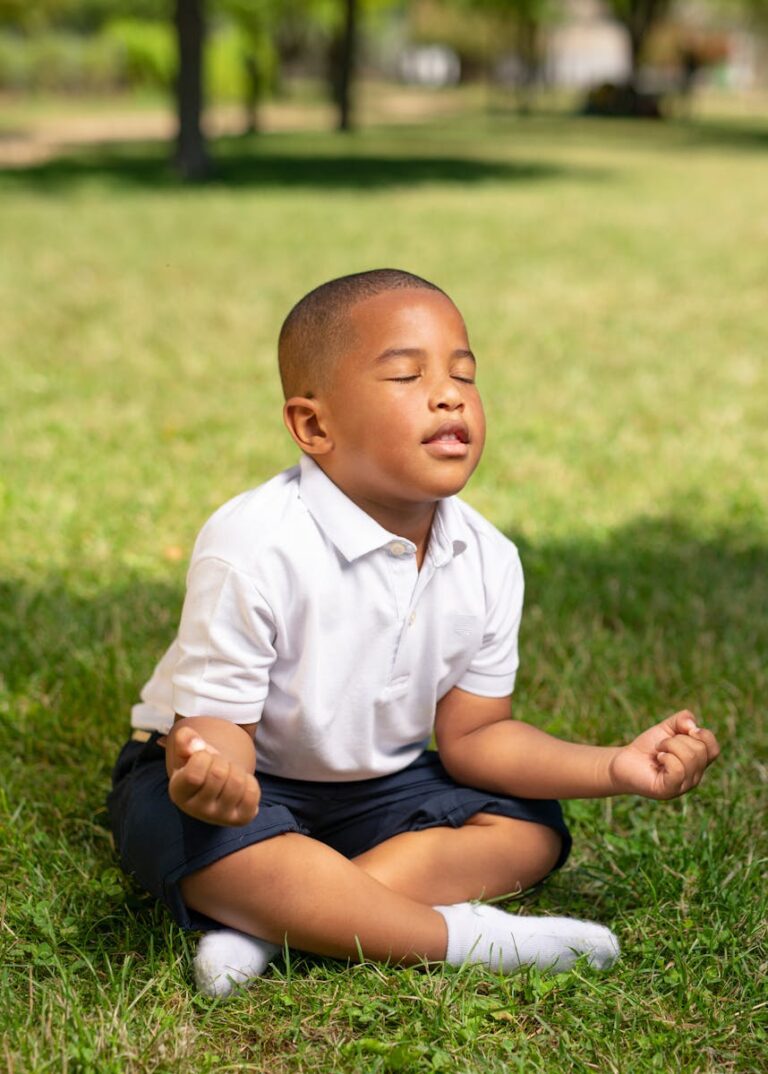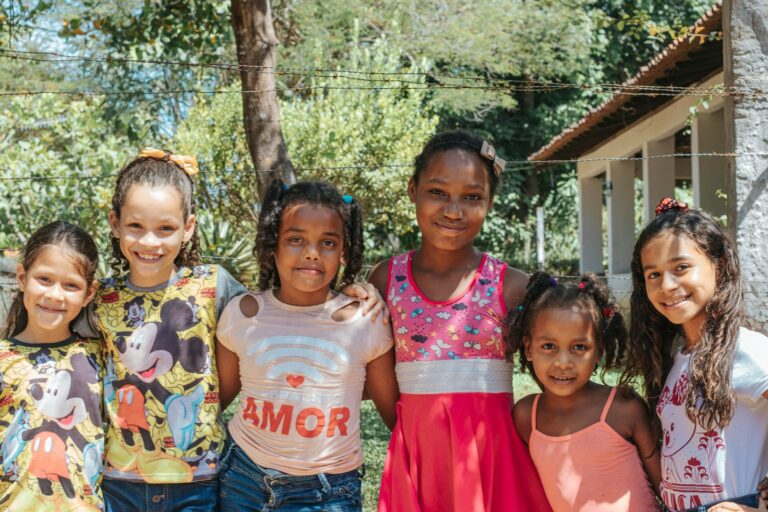Nature and Kids’ Mental Health: The Benefits of Time Outside
Since 2021, the American Academy of Pediatrics and the American Academy of Child and Adolescent Psychiatry have declared that there is a national emergency in child and adolescent mental health. This is a trend that was seen before the COVID 19 pandemic and was worsened by the pandemic. In the clinic, I see more and more mood disorders in teenagers but am also seeing more anxiety symptoms in younger and younger children. There are so many mental health benefits for kids with time spent in nature.
Modern life has replaced unstructured outdoor play time with screens, continuous need for improved academic performance, and involvement in so many other activities. Sometimes, it seems like our kids don’t even have time to be kids. I’m sure you have felt this way as well. Are you weekends filled with sporting events and extracurriculars that at the end of it, you wonder where all that time went? Or are you constantly battling with your kids about getting off their phones or to stop playing video games.
What if I told you that there was a simple solution to all the hustle and all the arguments? You guessed it, getting out in nature.
I discuss the physical health benefits of nature for kids previously but there are also a lot of mental health benefits of time spent in nature. Spending time in nature can help reduce stress, promote emotional regulation, improve focus, and help with social interaction for kids. You may already know this inherently but now science and research is catching up to show that yes, there really are benefits to being in nature. There are two well established theories, Attention Restoration Theory, and Stress Reduction Theory that show the psychological benefits of interacting with nature. And while the focus of this post will be on nature’s impact on kids, you may also find that as the parent or caregiver, you may benefit too, I know I do.
Reduce stress
Being outdoors can improve stress and anxiety symptoms. For school aged kids, sometimes parents wonder where the stress is coming from. But stress can come from many different sources, challenges at home, peer conflicts in school, keeping up with academics. While some kids may not be able to tell you what they are stressed about, their bodies might show symptoms like headaches, difficulty sleeping, upset stomachs, appetite changes, among others. Getting outside can help with this.
Studies have shown that exposure to natural environments can actually reduce salivary cortisol, the hormone in the body associated with our stress response. 20-30 minutes of nature time can result in big drops in that cortisol level.
Promote emotional regulation
Time spent in nature can help with emotional regulation. Meaning that the arguments and tantrums can decrease. Without realizing it, our physical environments can impact our moods. When there are piles of unfolded laundry, or dishes in the sink, or toys scattered across the floor, my mind feels chaotic and stressed and taking the time to clean up and declutter makes me feel calmer and less scattered. For our kids, nature can serve as that mediator to help lessen stressful emotions and improve well-being.
Improve focus
We live in a day and age where there can be so much noise and so much distraction. Just think about your day, how many notifications pop up on your phone throughout the day? How many ads do you see in your inbox? How quickly do you scroll through videos on social media? Numerous studies have shown that time spent in nature can help with symptoms of attention deficit and hyperactivity disorder (ADHD). When exposed to nature, children with ADHD had milder symptoms than those who were not exposed to nature. This includes less hyperactivity, distractibility, and inattention. If your child does have ADHD, dedicated time spent in nature can help them to succeed. But even if your child does not have ADHD and perhaps for your own self, being in nature can help quiet the noise.
It does not have to be school work or unstructured play time, it actually can and needs to be both. Nature has been shown to be beneficial for academic achievement that many schools are tearing up their blacktop playgrounds and putting in green space, a movement led by Greening Schoolyards of America.
Promote social interaction
When kids play outside, they learn to interact with one another, learn how to play with one another, how to wait for their turns, how to set the rules for the games that they create, and other aspects of positive social interaction. Even with structured outdoor play such as soccer or basketball games, that outdoor play time helps with communication and teamwork.
Time spent in nature as a family can also improve family connectedness with one another. With daycare, school, or work requirements, it can feel like each day may seem like groundhogs day just getting to the next. But getting outside together as a family helps break that feeling and allows for more intentional time to spend with one another to really ask, “how was your day?”
Aim for 20 minutes
Being outdoors and in nature has numerous mental health benefits for kids but can also be hugely beneficial for you as a parent. But Dr. Hannah, I don’t have time to get my kids in nature. But all it takes is 20 minutes. Is there 20 minutes of your day or of your kids’ day that can be spent outside?
Being in nature also doesn’t mean that you have to pack up the crew and drive to the closest hiking trail or even to the park. Nature can be found everywhere and much closer to home. It can be in the backyard or around the block.
If 20 minutes still feels like a lot, start with 5-10 and work your way up. You may even see the time fly by.
- Can the kids play in the backyard while you are preparing dinner?
- Can you have breakfast outdoors?
- Can homework time be done outside?
- Can you take a 20 minute walk outside during your own lunch?
The biggest thing is setting that intention to incorporate more nature time into your family’s routines. You may have days that you are not able to and days that it’s much easier to fit in. Give yourself grace. But a small step is still a step and imperfect action is still action.




One Comment